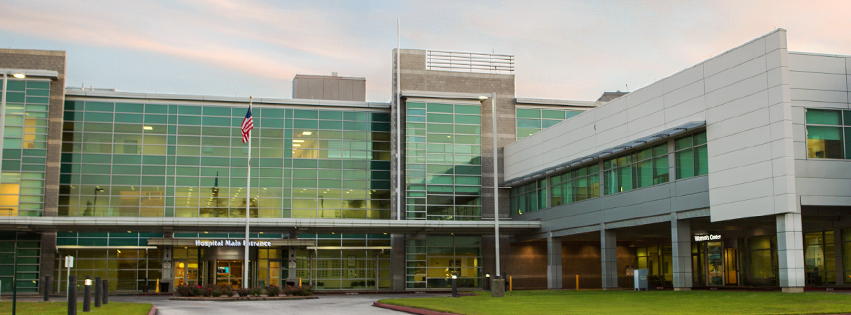
Willie Coleman Sr.
January 13, 2014
ACA confusion, unpredictability plague businesses
January 16, 2014The deadline for individuals to enroll in a 2014 health-insurance plan via Affordable Care Act-created exchanges is less than three months away, but hundreds of thousands of Louisiana residents remain uninsured.
Reports are mixed as to whether “Obamacare” aids or ails consumers’ pocketbooks, but most people who remained uninsured after March 31 will pay penalties for continuing to live outside the system the Congress in 2010 voted to revamp.
Linda Beauvais, executive director of the Baton Rouge-based Capital Area Agency on Aging, which received a federal grant to help navigate consumers through the enrollment period, said her staff as of Jan. 6 had signed up more than 700 Louisianans for health insurance.
“What we’re hearing is almost universal. People really want insurance and are real happy to see this opportunity to be able to get good, affordable insurance,” Beauvais said. “They’re willing to live with all the problems and glitches that happened in the beginning.”
The ACA created online “exchanges,” a marketplace at www.healthcare.gov that allows consumers to peruse tiered benefit plans – all with a baseline level of offered coverage. Consumers primarily are given flexibility in determining their desired balance of premium and out-of-pocket costs.
CAAA’s coverage area includes Terrebonne and Lafourche parishes, but for health insurance navigation, the agency is mostly focusing on the Florida parishes, Beauvais said. It’s mission has evolved from education and outreach to enrollment as provisions of the law have been implemented. CAAA is one of four Louisiana agencies to receive the federal navigator grants.
Monica Folse, who is certified but not funded to guide people through the exchange, has done most of her work offline, due to traffic-driven glitches that have hindered the law’s rollout. She gathers information from applicants, culls quotes for the tiered plans, reviews prices and coverage with the applicants and then enrolls them over the phone.
Folse owns the brokerage Houma Health Insurance Service, is a member of Health Agents for America and is the local representative for the state commissioner of insurance’s advisory board.
For those Folse has assisted, the cost of insurance has been greater than some expected and multiple applicants decided to again forgo coverage, though now they’ll have to pay a financial penalty.
“The prices are much more expensive than what they have been (even with government assistance),” she said. “It seems as though there are some people who have decided not to do anything.”
For 2014 coverage, two agencies are offering health insurance plans to local residents: Blue Cross Blue Shield Louisiana and Louisiana Health Cooperative, a nonprofit company that received a $65.8 million start-up loan from the federal government in attempt to increase competition in the marketplace.
To cover the gap between who can and can’t afford insurance in the new landscape, the Affordable Care Act included provisions to expand the state-federal Medicaid program.
The federal government would pick up the full cost of expansion for the first three years and would still pay 90 percent of the cost as late as 2020, but Gov. Bobby Jindal has rejected the move, saying it would further strain an already tight state budget and move people from private insurance plans into government-sponsored coverage. An estimated 200,000 people would be impacted, according to reports.
Folse said the (www.healthcare.gov) website’s well-documented usability issues have prevented her from thus far enrolling more than the roughly 15 people she’s already guided through the process.
“Until they get the website fixed, we’re not prospecting for business,” said Folse, adding that she has unsuccessfully tried to use the website approximately 100 times.
Federal officials have cited those issues for suppressing the number of people who have signed up for insurance via the exchange
Website glitches have subsided, Beauvais said, but the rocky beginning has hampered CAAA’s ability to meet its original goal of enrolling 2,000 people.
More than 2.1 million Americans had selected an insurance plan from the marketplace through December, according to the Centers for Medicare and Medicaid Services. In that month 975,000 people chose a plan, a jump of more than three-times the number of people who signed up in October and November combined.
State-by-state data has yet to be released for December sign-ups. Through November, roughly 2,200 Louisianans chose a health-insurance plan through the statewide marketplace, managed by the federal government, according to the U.S. Department of Health and Human Services.
About 32,000 Louisiana residents had completed the application process – of that number, 23,000 were eligible to enroll in a marketplace plan and 8,000 were eligible for subsidies, according to HHS data.
Prior to the Obamacare launch, 795,000 Louisiana residents were uninsured and eligible for coverage through the marketplace, according to HHS.
Open enrollment for 2014 closes March 31. Only people who meet special circumstances can enroll after that date.
People who remain uninsured in 2014 will be assessed a penalty when they file their federal income tax return in 2015. That penalty – determined by the U.S. Supreme Court to be a tax – will be at least $95, though a number of factors, including salary and household size, can make it more costly. The penalty baseline will grow to $325 the year after and $695 in 2016.












